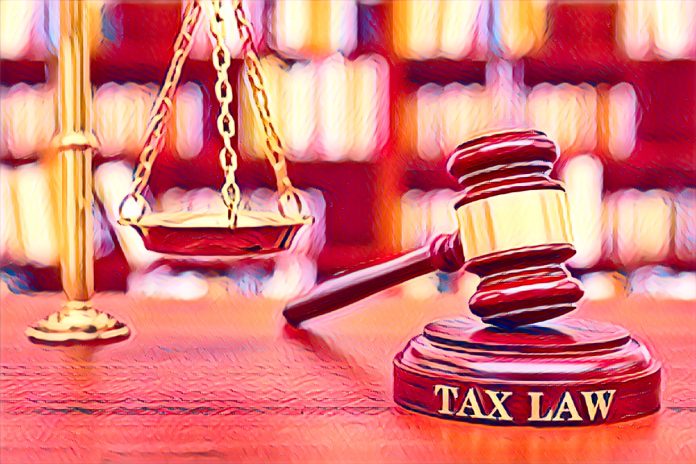Key Points
-
New tax penalties tighten compliance nationwide and strengthen government revenue oversight.
-
Taxpayers face stricter rules under new penalties targeting widespread evasion issues.
-
Enforcement intensifies as new penalties take effect across multiple economic sectors.
On January 1, 2026, the Nigerian government will put a new Tax Act into effect. This law will change the way taxes are collected in the country. Officials say the new law will bring in more money for the country, make things fairer for people with low and middle incomes, and help fill in long-standing gaps in infrastructure.
The law also sets up a detailed list of crimes and punishments to make sure people follow the rules. Taxpayers, both people and businesses, must follow strict rules for reporting, registering, and sending money. If they don’t, they could face big fines and even jail time.
Heavy fines are given for not following the rules
If you don’t register, you’ll have to pay N50,000 for the first month and N25,000 for each month after that. If you file your VAT late, you’ll have to pay N100,000 at first and N50,000 every month after that. If a business doesn’t keep accurate records, it will have to pay N1,000,000 on the first day and N10,000 every day after that.
Other crimes include not using fiscalization systems (N200,000 plus 100% of tax due and interest) and not deducting or sending in taxes, which can result in fines of up to 40% of the amounts that were not collected, plus more interest and administrative fees. Companies that don’t let technology be used or don’t give the right tax information can also be hit with big fines.
Harsh punishments for fraud and obstruction
The law says that people who refuse to pay taxes or block tax officials can go to jail for up to three years or pay fines equal to 50% of the unpaid amount. Fraud involving stamps, impersonating tax officers, and getting authorised people to do things they shouldn’t can result in fines of N500,000 to N2,000,000 and prison sentences of up to five years in some cases.
When you commit a crime with a weapon, the penalties get worse. For example, carrying an offensive weapon while committing a tax-related crime could get you up to five years in prison, and injuring a tax officer could get you up to ten years.
The government puts a lot of emphasis on accountability and enforcement
Officials, like Dr. Zacch Adedeji, the Executive Chairman of FIRS, and Lateef Fagbemi, the Attorney General, say that the penalties are meant to make sure that people pay their taxes, stop people from avoiding them, and make Nigeria’s tax system work better overall. They made it clear that taxpayers who don’t pay their taxes or report their income will face both administrative and criminal penalties.
The changes are in line with the government’s larger fiscal goals: making it easier to collect taxes, making sure that everyone can see how the money is being spent, and making the tax system fairer for everyone. They also fix problems that have been holding back economic growth for decades.



